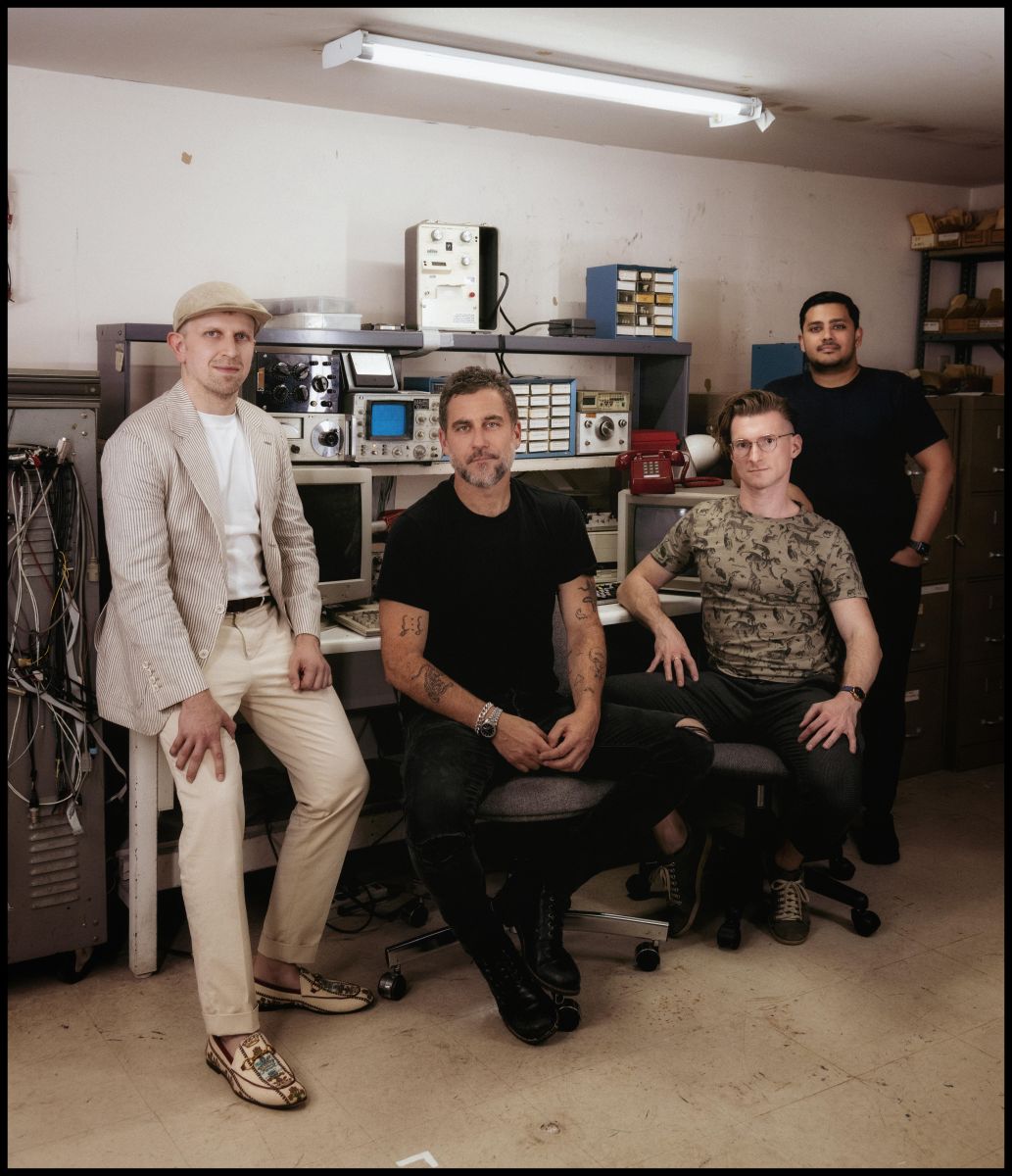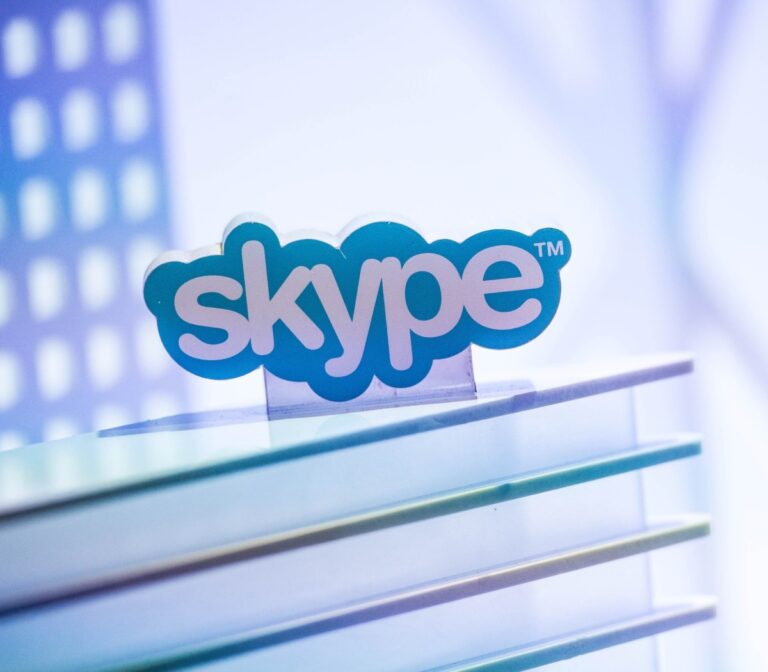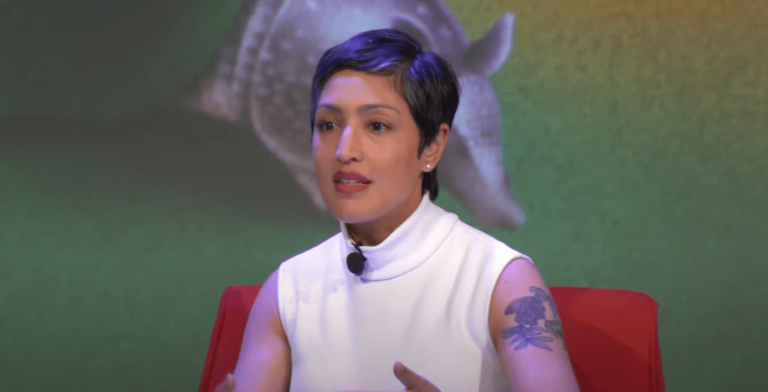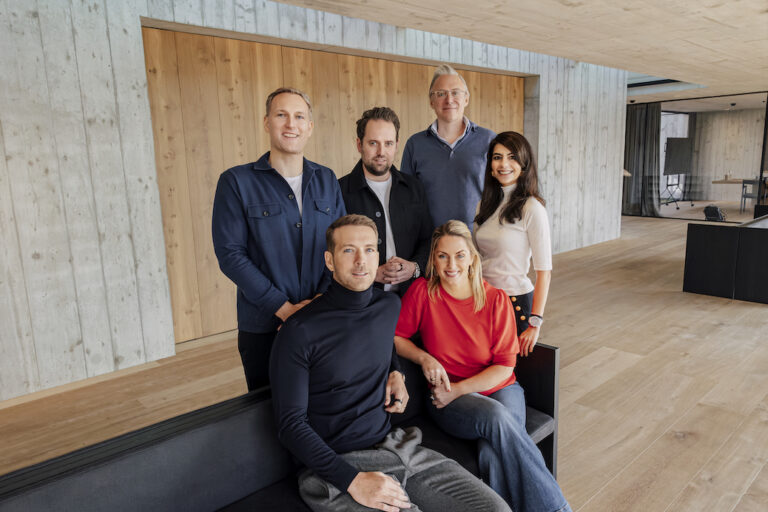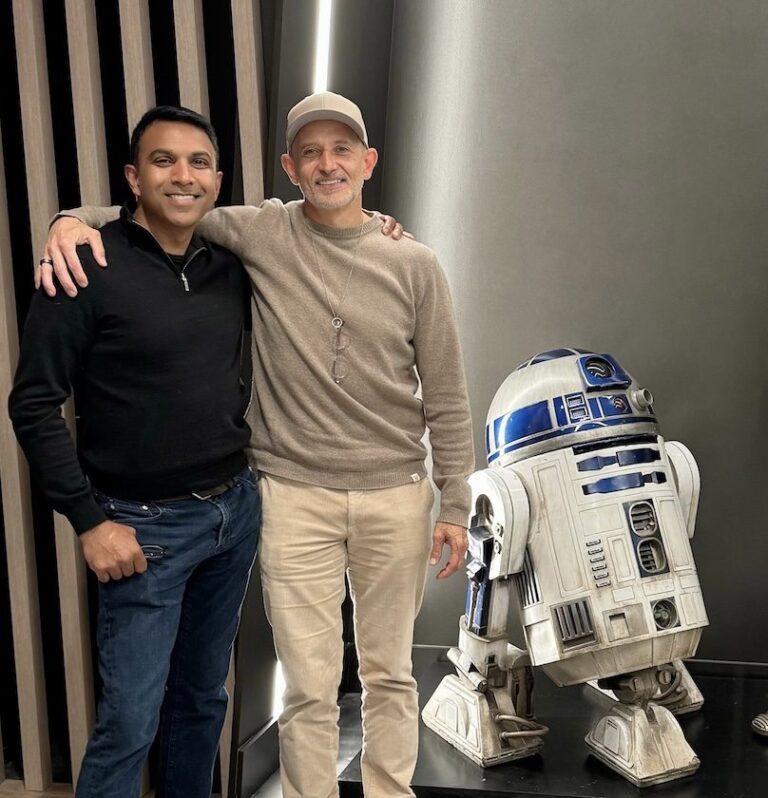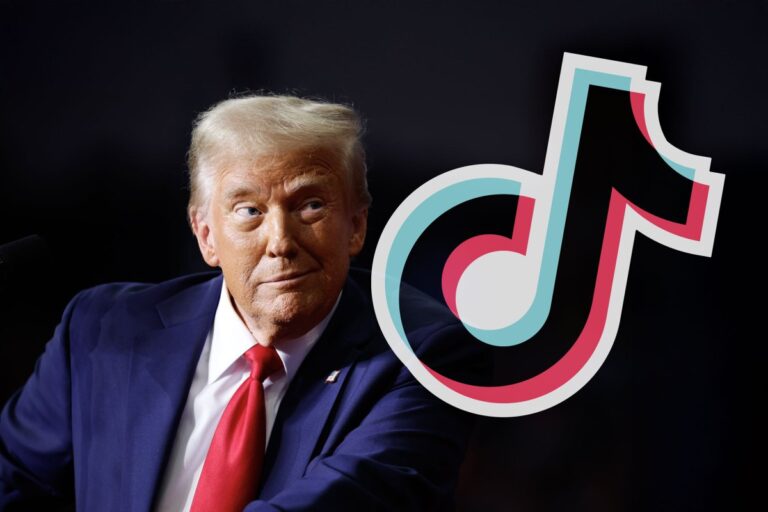Moonvalley Unveils Innovative Video Generator Powered by Licensed Content Training
Los Angeles-based startup Moonvalley has recently unveiled an innovative AI video-generating model called Marey. This cutting-edge technology claims to be one of the few models trained exclusively on openly licensed data, differentiating it within the crowded landscape of generative video tools.
Introducing Marey: A Revolutionary AI Video Generator
Marey, named after the pioneering French scientist and filmmaker Étienne-Jules Marey, was developed in collaboration with Asteria, a burgeoning AI animation studio. According to Moonvalley, this model has been trained on “owned or fully licensed” data sources, ensuring that it complies with copyright laws. Marey features a variety of customization options, including:
- Fine-Grained Camera Controls: Users can manipulate the camera’s position and angles.
- Motion Controls: Detailed adjustments can be made to individual elements within a scene.
Nuanced Control Over Video Content
In a press release provided to TechCrunch, Moonvalley emphasized that “Marey enables nuanced control over in-scene movements.” This means users can manage intricate details, such as:
- The movement of a checkers piece
- The simulation of a breeze affecting a person’s hair
The Growing Market of Generative Video Tools
The surge in AI video generators has led to a competitive landscape, with numerous startups like Runway and Luma, as well as tech giants such as OpenAI and Google, rapidly releasing models. This rapid development raises concerns about market saturation, as many models appear similar in capabilities.
Moonvalley is positioning Marey as a lower-risk option from a legal standpoint, as it focuses on using licensed data. This approach contrasts with many generative video startups that rely on public data, often raising copyright concerns.
Addressing Copyright Issues
Moonvalley is actively collaborating with partners to manage licensing arrangements. The company aims to source video footage for training from creators, akin to Adobe’s method through its Adobe Stock platform.
Despite the potential of generative video technology, many artists are apprehensive, fearing it could disrupt the film and television industries. A 2024 study commissioned by the Animation Guild estimates that over 100,000 jobs in the U.S. film, television, and animation sectors could be affected by AI by 2026.
Committed to Creative Rights
To alleviate these concerns, Moonvalley plans to implement several policies aimed at supporting creators:
- Content Removal Requests: Creators can request the removal of their content from Marey’s training data.
- Data Deletion: Customers can delete their data at any time.
- Indemnity Policy: Users will be protected against potential copyright challenges.
Moreover, Marey will include safeguards to prevent the unauthorized use of individuals’ likenesses in generated videos. Similar to OpenAI’s Sora, Moonvalley is committed to blocking certain types of content, including NSFW material, and will not allow prompts to generate videos featuring specific individuals or celebrities.
Setting a New Standard in Generative AI
According to Naeem Talukdar, co-founder and CEO of Moonvalley, “We’re proving it’s possible to train AI models without brazenly stealing creative work.” He emphasizes the importance of uplifting the voices and rights of creators as technology evolves. Moonvalley aims to set a new industry standard for generative AI, ensuring that the rights of creatives are respected while delivering advanced technological capabilities.
For more insights on generative AI and its implications for the creative industry, visit our related articles on AI Video Generators and Creative Rights in AI.

